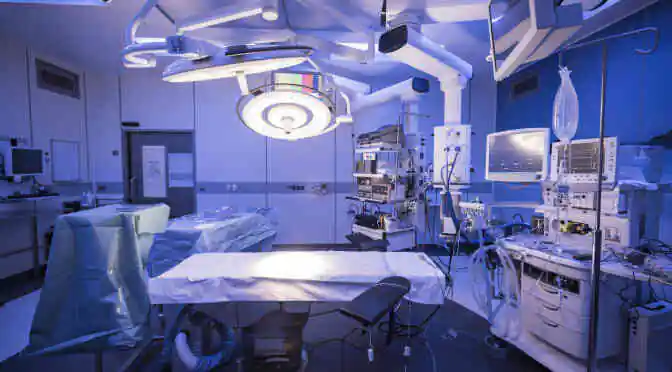Bipolar disorder is a psychological disorder characterized by periods of mania or depression (or both).
Because of its nature, the disorder is often at risk of misdiagnosis, since no specific pathological tests exist to determine the disorder in individuals.
Diagnosis is done based on criteria from the American Psychological Association’s Diagnostic and Statistical Manual of Mental Disorders. These criteria include the presence of elevated or irritable mood, decreased sleep, high self-esteem, greater talkativeness than normal, decreased attention, fast thoughts, and increased involvement in pleasurable activities—behaviour that might appear totally normal until certain patterns are identified.
Physicians need to have knowledge of the affected individual’s social and past life and medical history to provide a positive diagnosis. Incomplete knowledge can lead to misdiagnosis for anxiety disorders or depression, which leads to more problems down the road.
Difficulties in diagnosis have actually slowed growth in the global bipolar disorder therapeutics market. According to a new report from Technavio, the market is only expected to grow by $700 million from 2014 to 2019 (small beans in the pharmaceutical world) and post a CAGR of just 2.24% through the forecast period.
Common disorders that co-exist with bipolar disorder
Source: Technavio, 2015
High unmet needs will still be a key driver for bipolar therapeutics
Once bipolar disorder is diagnosed, it’s still not easy to treat. Atypical antipsychotics, mood stabilizers, and antidepressants are currently widely used for treatment, but it is considered a lifelong disorder that requires careful management.
Medications for treating bipolar disorder
Source: Technavio, 2015
However, one drug or treatment plan doesn’t always work in the long-term. Currently, lithium (Eskalith, Lithobid) is the most commonly prescribed mood stabilizer used for the treatment of bipolar disorder. However, lithium comes with a laundry list of side effects including weight gain, tremors, drowsiness, thirst, weakness and a slew of others.
The imperfect treatments available have left a lot of room for drug manufacturers like Intra-Cellular Therapies, Astellas, and Reviva Pharmaceuticals to enter the market and develop better treatments.
Researchers have even reached into the drug dustbin and rescued ebselen, which was initially developed as a stroke treatment. It’s still in the very early stages of research, but the drug is safe for humans and could provide a feasible alternative to lithium.
According to Technavio analysts, this space for new treatments is expected to bolster the otherwise flagging bipolar disorder therapeutics market through the projected period.





